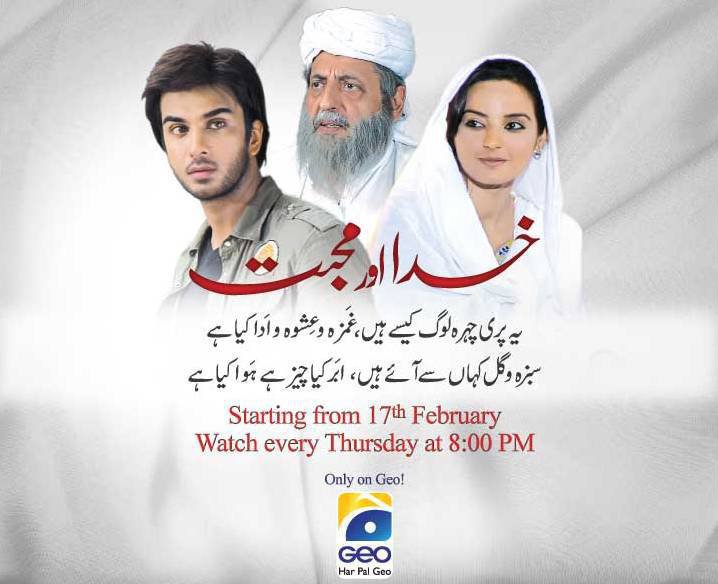Of all the telefilms I was most excited about Armaan and Aaina. Both have great directors and both had what I think are some of the best actors in the Pakistani entertainment industry. However for movies great acting is not enough, the canvas is so large, the time is so short a certain charisma, a certain presence is required. Armaan had Fawad Khan and Aaina had Faysal Qureshi. Despite being a pretty faithful remake, Aaina has a fresh, modern look and is easily translatable to modern life. The class differences and clash of egos described in the original still resonate well in this day and age. Aaliya (Saba Qamar) is a wealthy, elite class, socialite whom fate brings into contact with middle class, chip on his shoulder journalist Sameer Ahmed (Faysal Qureshi). Despite being polar opposites in class and temperament they manage to fall in love, whether their love can bridge the gaping chasms between their backgrounds and perspectives on life is the crux of this story.
Faysal Qureshi proves again and again what a superb actor he is managing to bring a certain empathy to a rather stubborn, proud character that cannot see anything but his own point of view. The entire film is carried through by the strength of his star presence. Saba Qamar surprised me by making the flimsy, almost generic character of Aaliya come alive. Despite all the faults ascribed to her class, upbringing and education, somehow her character was the most reasonable and likable. A good friend once described her as “an actress made for Films “and I have to agree. The only complaint I have is her hair is so distracting, sometimes I found it hard to see past her flying locks. Thankfully, the style fairies came and put an end to their wayward ways by the second half .Firdause Jamal manages to irritate me in most drama serials but in this movie he fit right in. He is an actor that is really better on the big screen as opposed to the small. Despite being the villain, at a certain level I could understand his motivations but not his actions .I even felt a little strain of sympathy for both parents who think they are protecting their daughter from this strange , ziddi man she has fallen in love with. Shama Askeri did a fabulous job despite being hampered by a few frighteningly ridiculous hairstyles and outfits. I have a few other complaints with the stylists of this movie such as Saba Qamars’s baggy wardrobe and Faysal Qureshi’s needlessly flamboyant lilac shirts.
The direction was simply superb; this is gripping, seamless storytelling at its best. Sarmad Khoosat did not disappoint for a second, making each scene purposeful and engaging. Of course I had a good cry for most of the second half but that is what I was there for. This why I am a fan.So far this is the only Telefilm where I actually connected with the characters and their dilemmas. The screenplay and story were efficient and natural with mercifully no flowery flourishes making the whole thing plausible and modern. Hats off again to Sarmad Khoosat, who wrote a great screenplay with Talha Mufti ( urf Uncle Mushi of Daagh) . Talha Mufti is turning out to be a very talented young man; I knew he was a good actor but now I see he is good writer too. The music in this movie was passable, though the old melodies still haunt us these versions were a little unmemorable for me. I would like to give this Movie a five out of Five star rating because as a piece of entertainment this movie worked on almost every level. However, some of the regressive themes in the story hold me back. Rich people are always evil, the socialite immediately becomes a domestic goddess when she marries and how the glaring faults in Sameer’s personality seem to be glossed over as quirks rather than contributing factors .Sameer’s character took my right back to University where terribly attractive young men with floppy hair would hold conversations on collectivism and economic theory in the cafeteria just before they got hired by a fortune Five hundred company .I suppose they had to make Aaliya’s character a bit of an airhead to fall for that. All those ideas about materialism and community ownership of land are hardly practical; ask the Indigenous peoples of the Americas or the old Soviet Union how that worked out for them.
Four out of five Stars for this movie
****




 Watch our full review on Yo
Watch our full review on Yo












